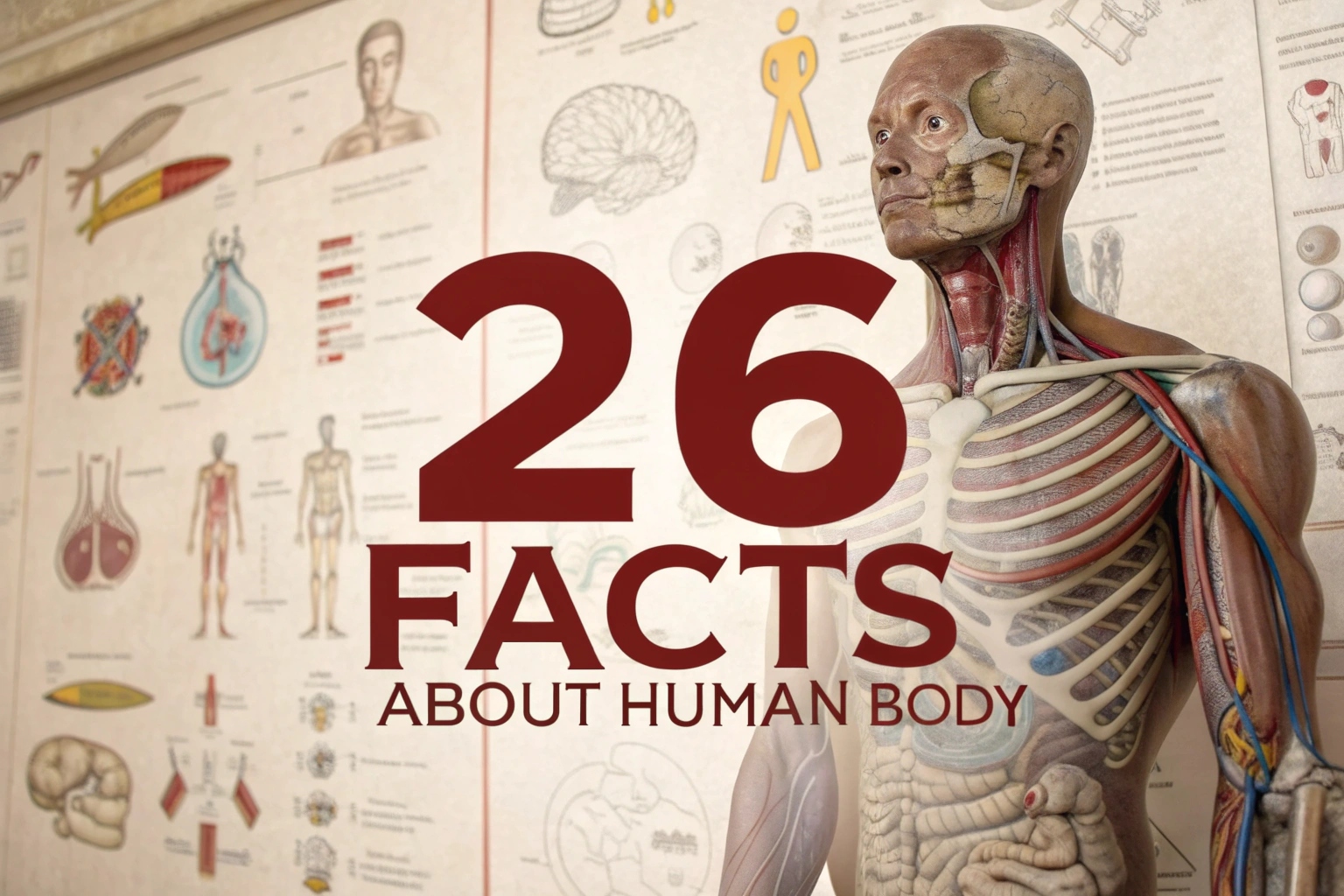Imagine a world where individuals excel across multiple disciplines, leaving a lasting impact on various fields. These are the famous polymaths, the true Renaissance individuals who have shaped our understanding of art, science, and culture. Picture Leonardo da Vinci sketching flying machines or Marie Curie pioneering radioactivity research.
Each polymath’s journey is a testament to human curiosity and intellect. In this exploration, we’ll delve into the lives and achievements of historical and modern polymaths.
Get ready to be inspired by their incredible talents and understand what makes them stand out. Join us as we unveil the secrets behind their diverse accomplishments and remarkable legacies.
Best Historical Polymaths
Exploring the lives of famous polymaths from history reveals the breadth of their contributions across various fields. These individuals were not just experts in one area; they excelled in many, shaping the world with their diverse talents.
The remarkable achievements of some of the most renowned polymaths in history, including Leonardo da Vinci, Galileo Galilei, and Isaac Newton.
Leonardo da Vinci
Leonardo da Vinci, often hailed as the quintessential Renaissance man, made significant contributions in art, science, and engineering. Known for masterpieces like the Mona Lisa and The Last Supper, his artistic genius is undeniable.
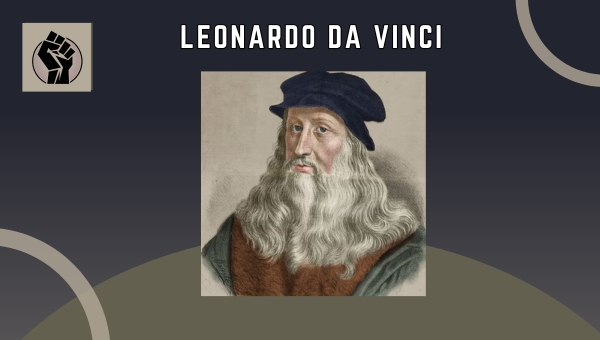
Beyond painting, Leonardo’s curiosity led him to study anatomy, flight, and hydraulics. His notebooks, filled with sketches and scientific diagrams, demonstrate a mind that constantly sought to understand the world. His work in engineering, including designs for machines and inventions, further showcases his diverse talents and enduring influence.
Galileo Galilei
Galileo Galilei, a pivotal figure in the scientific revolution, made groundbreaking discoveries that changed our understanding of the universe. Known for his improvements to the telescope, he observed celestial bodies, leading to the support of the heliocentric model.
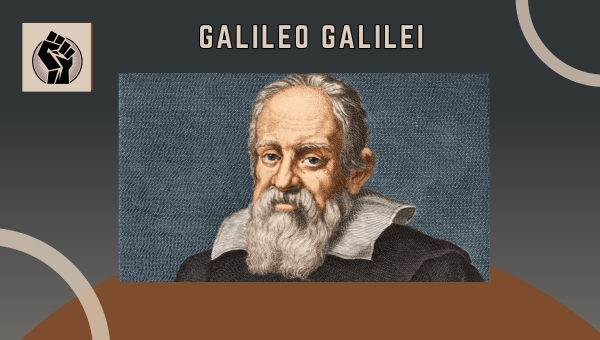
His work in physics, particularly the laws of motion, paved the way for modern science. Beyond astronomy and physics, Galileo’s insights in mathematics and experimentation methodologies have left a lasting legacy, underscoring his role as a true polymath.
Isaac Newton
Isaac Newton’s name is synonymous with physics, but his achievements extend far beyond this field. Known for formulating the laws of motion and universal gravitation, Newton’s contributions to science are monumental.
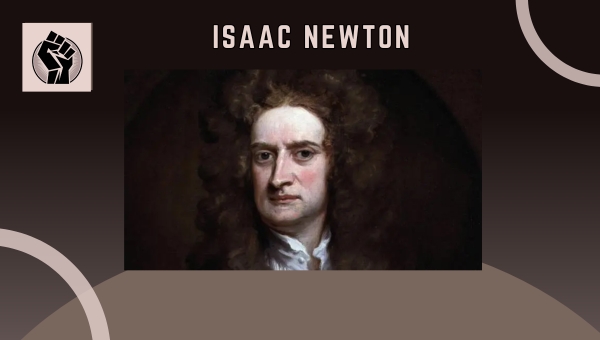
However, his interests also spanned mathematics, where he developed calculus, and optics, where he explored the nature of light and color. Newton’s work in alchemy and theology illustrates a mind driven by curiosity and a relentless pursuit of knowledge, marking him as one of history’s most versatile thinkers.
Modern-Day Iconic Famous Polymaths
In the modern era, some individuals stand out for their exceptional talents and contributions across diverse fields.
These famous polymaths have not only excelled in their primary areas of expertise but have also influenced other domains significantly. Let’s explore the remarkable achievements of these luminaries and their enduring legacies.
Also Read: Benjamin Franklin’s Inventions [Revolutionary Discoveries]
Benjamin Franklin
Benjamin Franklin was a towering figure whose impact was felt in politics, science, and beyond. He was a key player in the American Enlightenment, contributing to the drafting of the Declaration of Independence.

His scientific endeavors include the study of electricity, where he coined terms like “battery” and “conductor.” Franklin also invented the lightning rod, bifocal glasses, and the Franklin stove, showcasing his inventive spirit. His influence extends to his role in establishing institutions, such as the University of Pennsylvania and the first public lending library in America.
Thomas Jefferson
Thomas Jefferson is best known as the third President of the United States, but his influence reaches far beyond politics. He was a scholar, architect, and inventor who played a crucial role in shaping America. Jefferson authored the Declaration of Independence, emphasizing liberty and equality.

His architectural skills are evident in the design of his Monticello estate and the University of Virginia. Moreover, Jefferson’s interest in agriculture led to innovations in farming methods. His contributions reflect a deep commitment to education, science, and the arts.
Nikola Tesla
Nikola Tesla’s genius in technology and innovation remains unrivaled. He is celebrated for his work on alternating current (AC) electrical systems, which revolutionized the way electricity is distributed. Tesla’s inventions, such as the Tesla coil, laid the groundwork for wireless communication and radio.

His visionary ideas included concepts like wireless energy transmission and neon lighting. Despite facing numerous challenges, Tesla’s legacy endures in the fields of electrical engineering and modern technology. His relentless pursuit of innovation continues to inspire aspiring inventors and scientists worldwide.
Female Polymaths
Throughout history, numerous women have made significant contributions to various fields, showcasing their remarkable talents and intellect. These female polymaths have broken barriers and left a lasting impact on the world, often in times when their achievements were not fully recognized.
Let’s delve into the legacies of some of these extraordinary women who have shaped our understanding of science, technology, and mathematics.
Hypatia of Alexandria
Hypatia of Alexandria was a renowned mathematician, astronomer, and philosopher in ancient Egypt. Living in the 4th century, she taught and wrote about mathematics and astronomy, making significant contributions to these fields.

Hypatia’s work in preserving and advancing mathematical knowledge was crucial during a time when such pursuits were predominantly male-dominated. Her teachings and writings influenced future generations, and she is remembered as one of the first female mathematicians in recorded history. Her tragic end highlights the challenges faced by women pursuing intellectual endeavors in that era.
Ada Lovelace
Ada Lovelace, often recognized as the world’s first computer programmer, made groundbreaking contributions to computing in the 19th century. Collaborating with Charles Babbage on his Analytical Engine, she developed the first algorithm intended for a machine, demonstrating a visionary understanding of computing’s potential.
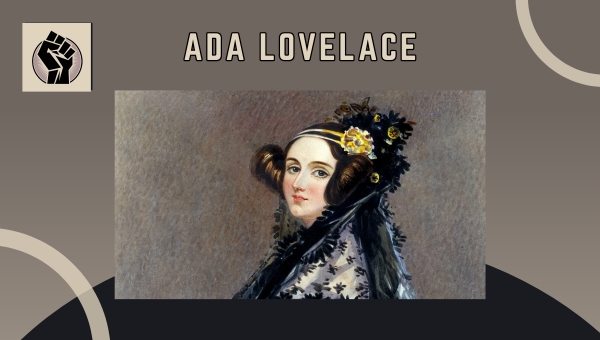
Lovelace’s insights went beyond mere calculations; she foresaw the capability of computers to perform tasks beyond mathematics, such as composing music. Her pioneering work laid the foundation for modern computing, and she remains an inspiration for women in science and technology.
Marie Curie
Marie Curie was a trailblazing scientist known for her pioneering research on radioactivity. As the first woman to win a Nobel Prize, and the only person to win in two different scientific fields (Physics and Chemistry), Curie’s achievements are unparalleled.

Her discoveries of polonium and radium revolutionized the understanding of radioactivity and paved the way for advancements in medical treatments and nuclear physics. Curie’s dedication to science, despite significant personal and professional challenges, serves as a testament to her brilliance and resilience, inspiring countless women in science.
Also Read: Notable Inventors Who Changed Our World
Characteristics of Polymaths
Polymaths are people who have proficiency in several subjects. Their broad knowledge and abilities set them apart, and they frequently make major contributions across multiple fields.
Understanding the characteristics that distinguish polymaths can provide insight into their extraordinary abilities. Here, we look at the common features that have defined polymaths throughout history.
Common Traits and Skills
- Curiosity: Polymaths possess an insatiable curiosity, always eager to learn and explore new areas. This relentless quest for knowledge drives them to expand their understanding beyond traditional boundaries.
- Adaptability: They demonstrate a remarkable ability to adapt to different fields. This flexibility allows them to apply skills and knowledge from one area to another, fostering innovation and creative problem-solving.
- Interdisciplinary Thinking: Polymaths excel in connecting ideas across disciplines. They can see patterns and relationships that others might miss, leading to groundbreaking insights and advancements.
- Persistence: The journey to mastering multiple fields requires perseverance. Polymaths are persistent in their pursuit of excellence, often overcoming obstacles and setbacks to achieve their goals.
- Analytical Skills: Strong analytical skills enable polymaths to dissect complex problems and understand intricate details, which is essential for success in diverse fields.
- Creativity: Creativity is a hallmark of polymaths. They often think outside the box and generate novel solutions or ideas that can transform industries or fields of study.
- Communication Skills: Effective communication is vital for polymaths. They must convey complex ideas clearly across different domains, facilitating collaboration and understanding.
- Lifelong Learning: A commitment to lifelong learning is essential for polymaths. They continuously update their knowledge, ensuring they remain at the forefront of their chosen fields.
These traits and skills collectively enable polymaths to contribute innovatively and substantially across multiple disciplines. Their ability to synthesize knowledge and skills from varied sources is what sets them apart and allows them to make a lasting impact.
FAQs
Why are polymaths important in history?
Polymaths have played crucial roles in advancing human knowledge and innovation. Their diverse skills and insights have led to significant breakthroughs across science, art, and literature.
Can anyone become a polymath?
While not everyone may reach the level of historical polymaths, cultivating curiosity and a willingness to learn can help individuals develop skills in multiple areas. Lifelong learning is key to broadening one’s expertise.
Who are some famous polymaths throughout history?
Famous polymaths include Leonardo da Vinci, Galileo Galilei, and Isaac Newton. These individuals made significant contributions to various fields, showcasing their diverse talents and knowledge.
How do polymaths contribute to modern society?
In modern society, polymaths often lead innovation and interdisciplinary research. Their ability to connect ideas from different fields drives progress and problem-solving in complex areas.
Conclusion
Famous polymaths have left an indelible mark on history through their diverse talents and contributions. These individuals, spanning different eras, demonstrate the power of pursuing knowledge across multiple fields.
Their achievements serve as an inspiration to explore and cultivate varied interests, fostering innovation and progress. Understanding the traits and skills of polymaths can empower us to embrace a more holistic approach to learning and creativity. By recognizing the importance of broadening our horizons, we can unlock potential within ourselves and our communities.
If you found this exploration intriguing, be sure to check out more articles on our site to further expand your knowledge!



